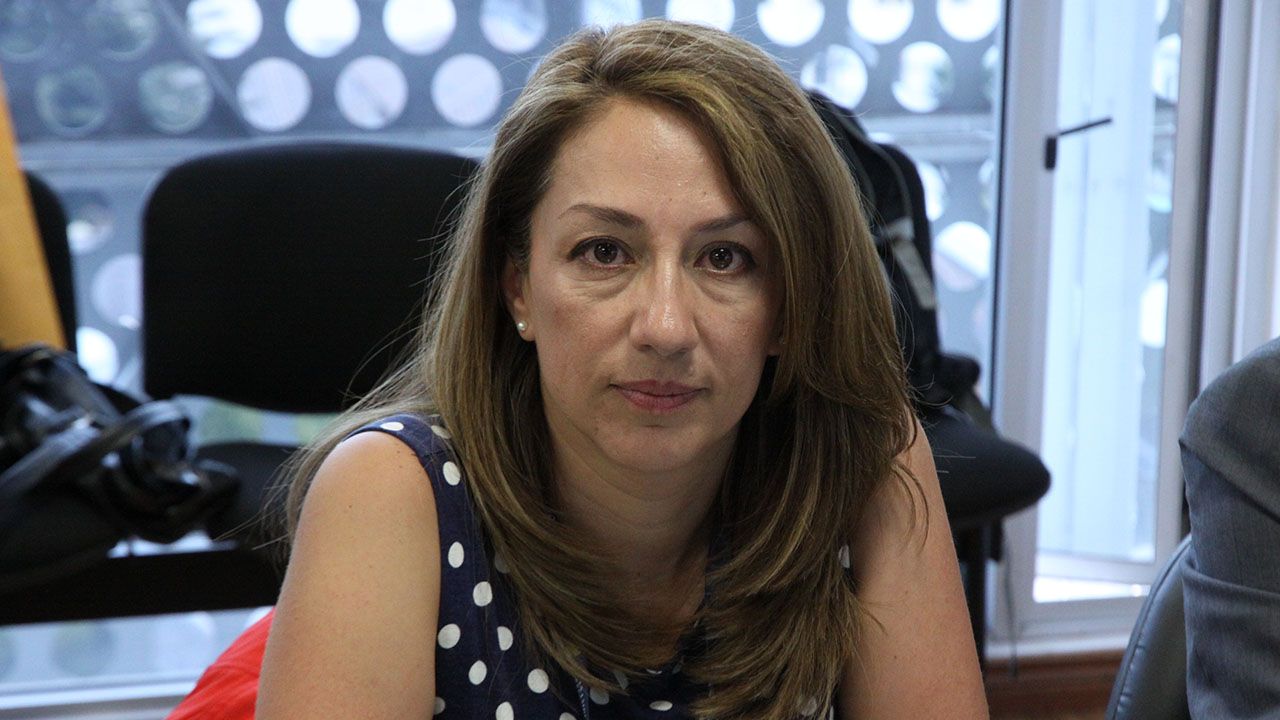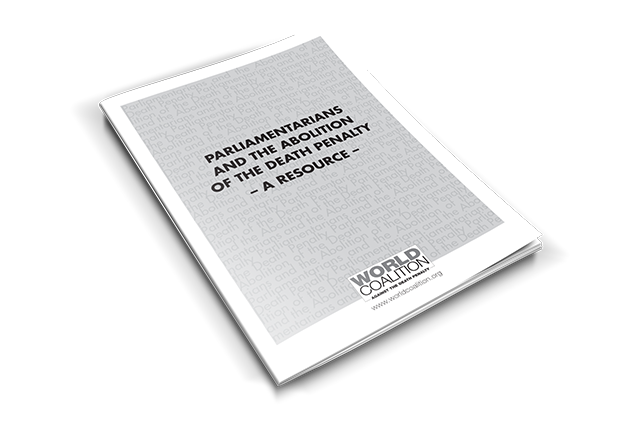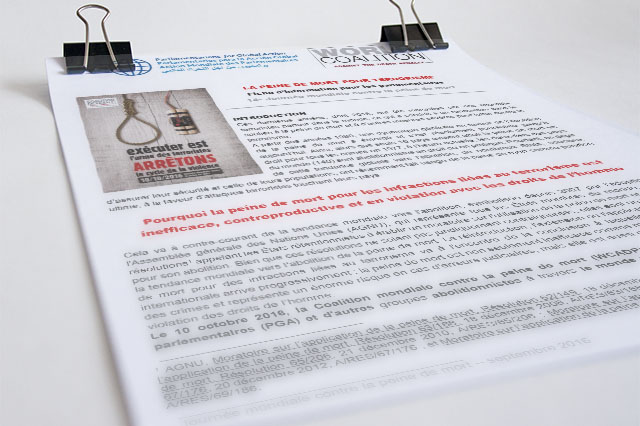
Latin America is the second region in the world with the largest number of states who have abolished the death penalty for all types of crimes. Nowadays, however, the debate on its reinstatement as a mechanism to mitigate the ever-increasing crime rates has resurfaced in countries such as Argentina, Brazil, Chile, Honduras, Peru, and Ecuador, both in certain political leadership circles and in the civil society. Ecuadorian MP, Soledad Buendía, member of PGA, reflects on the inherent conflict between the reinstatement of the capital punishment and the respect for human rights, and on death penalty’s ineffectiveness for deterring crime.
The death penalty and human rights
In 1946, the Economic and Social Council of the United Nations (UN) created the Human Rights Commission, which had the fundamental task of elaborating the Universal Declaration of Human Rights (UDHR), approved on 10 December 1948. This international instrument recognised the existence of human rights and the need to protect them at the international level. Calling on the peoples and nations to work towards promoting the respect for universal rights and freedoms through education.
Among its main precepts, the UDHR determines in its article 3 that, "everyone has the right to life, liberty, and security of person". This article can be interpreted as the foundations on which the remaining human rights ought to be construed and promoted.
The Universal Declaration of Human Rights is one of the most important international instruments in history, although its scope continues to expand and its content requires a constant effort in order to be updated and enforced globally.
One of the points that sparked the debate was the prohibition of capital punishment. At first, the abolition of the death penalty was not included in the Declaration, partly due to the inherent dynamics of the Cold War affecting the new international legal order.
Later on, the International Covenants of 1966 favored the distinction between political and social human rights. This opened the door to new opportunities in the international legal order, eventually leading to the Second Optional Protocol of the International Covenant on Civil and Political Rights of 1989, promoting the abolition of the death penalty. In the preamble, the Second Optional Protocol proclaimed that, "the abolition of the death penalty contributes to enhancement of human dignity and progressive development of human rights”. In April 1998, the UN Commission on Human Rights adopted resolution 1998/8, in which it called on all retentionist States to consider suspending executions with a view to completely abolishing the death penalty.
Even today, the debate over the abolition of the death penalty continues: many consider that atrocious crimes are being committed which can only be adequately avenged with the death of the accused. However, this emotional reaction and the desire for revenge, conflicts with the fundamental principles of social rehabilitation and the right to life.
Those who argue in favour of the death penalty declare that it will reduce crime, prevent criminal recidivism, and make for an exemplary punishment for committing atrocious crimes, in addition to being a proper vindication for the victims. Contrary to this, it can be argued that the death penalty does not reduce crime to a greater extent than life imprisonment, besides the fact that it has historically been applied with clear discriminatory biases against minorities and the poor .
The international community has worked very hard to divert practices such as torture, mutilation and other forms of violence as penalties for crimes, because of their cruel and inhuman nature. In this sense, it is necessary to reject the death penalty, the greatest evil. The enforcement of the death penalty takes away the legal and social possibility of rehabilitation. When the person is sentenced to death, execution can take several months, during which the convicted person faces extreme suffering, and insurmountable depression anguish. This adds to the trauma and social stigma of the families of the condemned and results in irreparable damage at various levels.
Moreover, there is always a possibility of judicial error. If a judicial error takes place when sentencing a person to the death row, once the sentence is executed, the damage is impossible to reverse. It thus ends the life of an innocent person who, due to a failure in the system of administration of justice, ends up paying the highest price.
It is regrettable that currently in Latin America, as crime rates rise, the debate about the death penalty has reemerged as a proposed solution to deter and fight against crime. This type of argument is used to get votes, using a discourse that urges the population to fear insecurity. In Honduras, for example, the candidate Porfirio Lobo Sosa advocates to reinstate the death penalty as a punishment to gang members or “mareros”. In Peru, the candidate Vladimir Cerrón proposed the death penalty as a solution to the high murder rate in Lima. Keiko Fujimori favoured the possibility of reinstating the death penalty for rapists of children under 7 years old. In Ecuador, Iván Espinel, the youngest of the presidential candidates in 2017, also proposed the death penalty as a way to suppress rape and murder.
These arguments lack scientific support since criminology currently shows that the death penalty does not lower or prevent to a greater extent than long prison sentences. In short, it is necessary to understand that crime is closely linked to the lack of balance in the economic as well as political and social conditions of societies. This is the fundamental aspect on which we must act, instead of solely focusing on “tougher” penalties.
Soledad Buendía, MP (Ecuador), member of PGA







